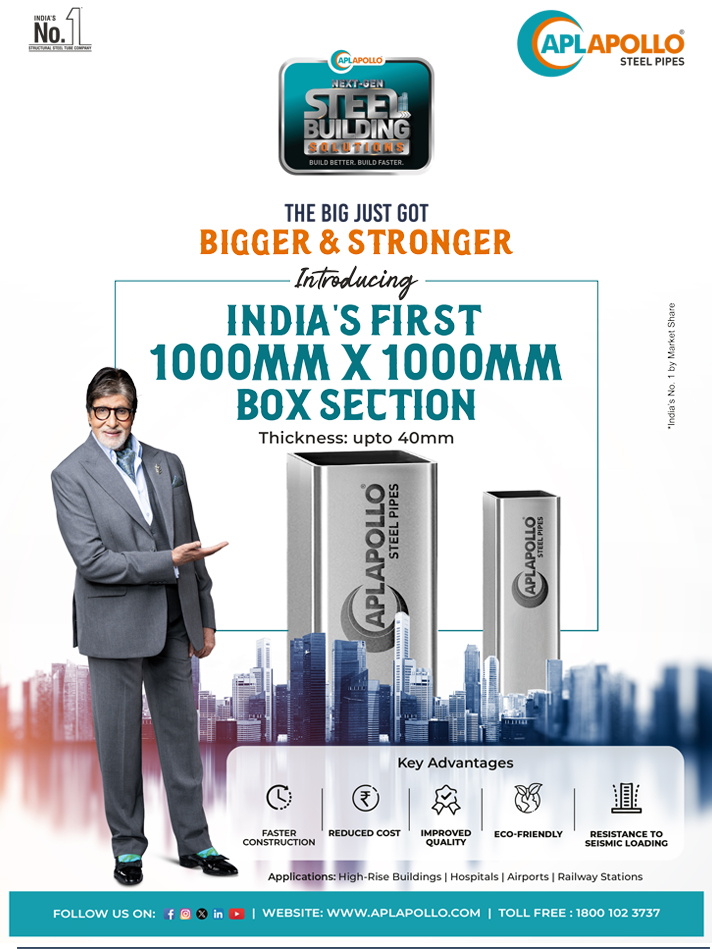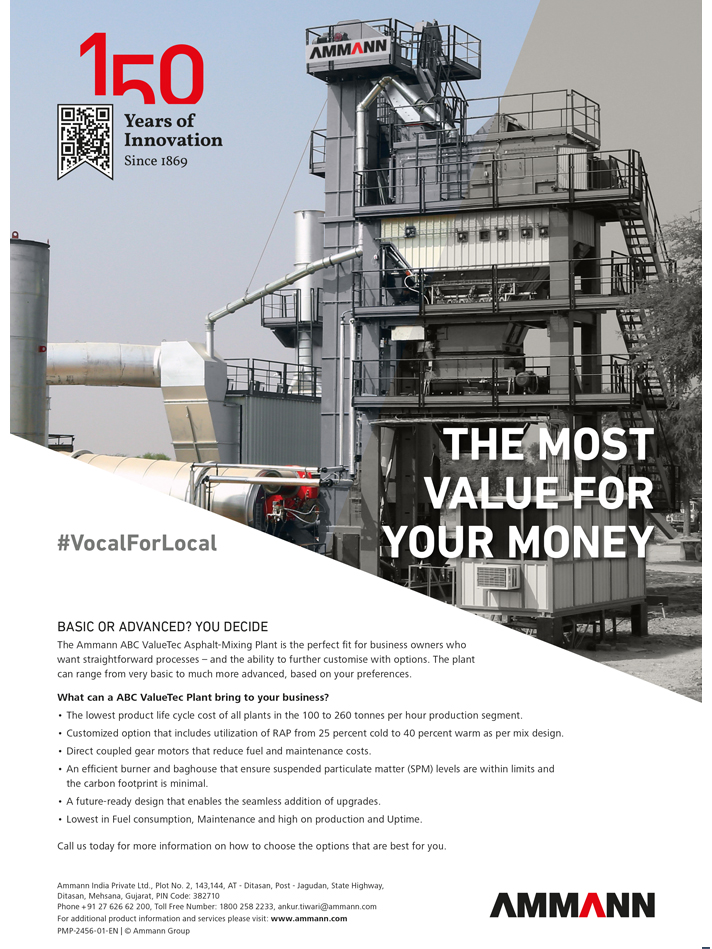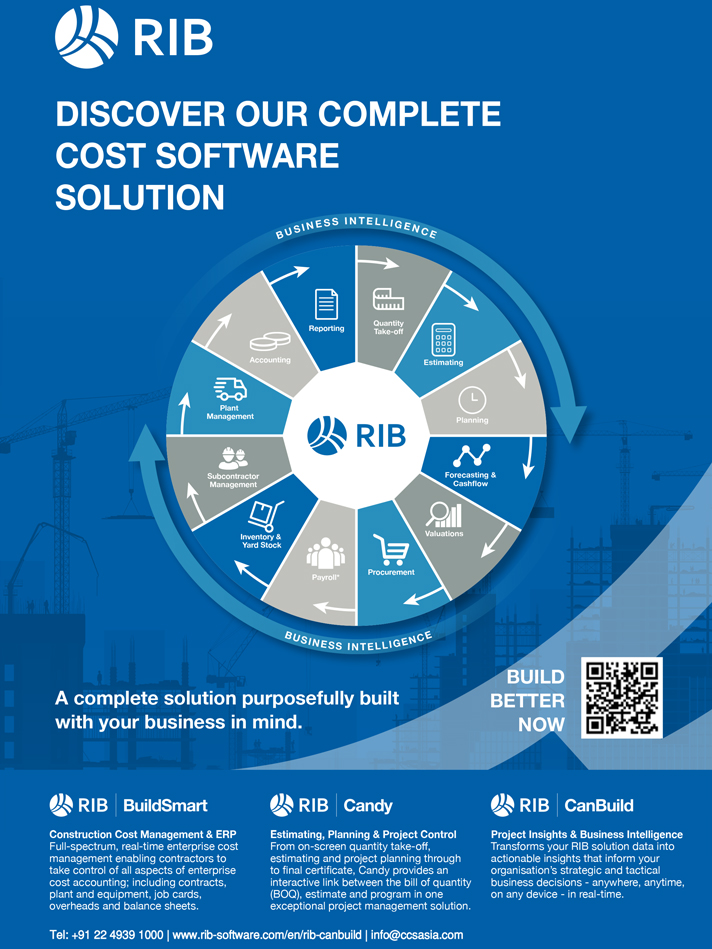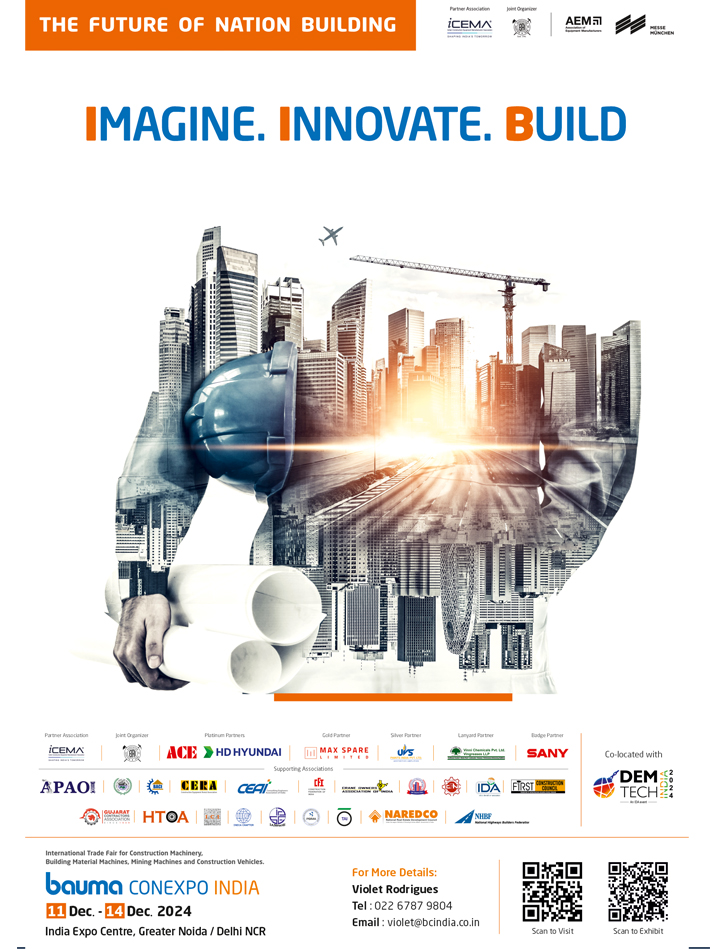PM Modi Inaugurates 15 Airport Projects Worth Rs.9,800 Crore Virtually
Prime Minister Narendra Modi unveiled a series of 15 airport projects collectively valued at Rs.9,800 crore, emphasizing that these inaugurations should be viewed as part of the nation’s developmental trajectory, rather than through the lens of impending general elections. During a public rally in Azamgarh, Uttar Pradesh, PM Modi virtually inaugurated new terminal buildings at airports in Pune, Kolhapur, Gwalior, Jabalpur, Delhi, Lucknow, Aligarh, Azamgarh, Chitrakoot, Moradabad, Shravasti, and Adampur. These terminal constructions, completed at a cost of Rs.8,903 crore, possess a combined capacity to cater to 61.5 million passengers annually.
The PM also laid the foundation stones for new terminal buildings at Kadapa, Hubballi, and Belagavi Airports. These projects, undertaken by the Airports Authority of India (AAI), carry a total investment of Rs.908 crore and are anticipated to enhance the combined passenger handling capacity of the three airports to 9.5 million passengers per annum.
Addressing the crowd, PM Modi cautioned against viewing the infrastructure developments through the prism of electoral politics, stressing that they represent a broader developmental journey aimed at transforming India into a developed nation by 2047. The PM highlighted the importance of extending modern infrastructure to smaller cities like Azamgarh, Chitrakoot, Moradabad, and Shravasti, underscoring the significance of urbanization as a catalyst for national progress.
Among the notable projects inaugurated was the new terminal at Lucknow Airport, operated by the Adani Group, with a capacity to handle approximately 13 million passengers annually, nearly tripling its previous capacity.
Additionally, PM Modi unveiled the expanded Terminal 1 at Delhi Airport, which now boasts a capacity to serve 40 million passengers annually, more than double its prior capacity of 17 million passengers per annum. Delhi International Airport Limited (DIAL) confirmed that its total passenger handling capacity has now surpassed 100 million passengers per annum.
The enhanced Terminal 1 features an expanded area of 206,950 square meters, equipped with 22 contact stands, aerobridges for boarding, and an upgraded baggage handling capacity of 6,000 bags per hour.
Amid these developments, Minister of Civil Aviation Jyotiraditya Scindia has reiterated the government’s commitment to expanding the nation’s airport and heliport infrastructure, with plans to increase the number of airports from about 150 to over 200 within the next five years.
PM MODI TO UNVEIL INFRASTRUCTURE PROJECTS WORTH AROUND Rs.12,800 CRORE IN BIHAR
Prime Minister Narendra Modi recently dedicated, inaugurated and laid the foundation stone of various infrastructure projects worth around 12,800 crores rupees at Bettiah in West Champaran district in Bihar. These projects are related to rail, road, petroleum and natural gas. He also addressed a public meeting at Airport ground in Bettiah. PM Modi inaugurated the 109 km long Muzaffarpur-Motihari LPG Pipeline, big bottling and storage terminal of Indian Oil which has strategic importance. The pipeline will provide access to cleaner cooking fuel in Bihar and neighboring country Nepal. LPG Bottling Plant and storage terminal at Motihari will also help in making supply chain smoother in feeding markets attached to Motihari Plant.
Prime Minister laid the foundation stone of City Gas Distribution project in East Champaran, West Champaran, Gopalganj, Siwan and Deoria and Grain based Ethanol Projects at Sugauli and Lauriya. PM Modi inaugurated road projects including two laning of Piprakothi – Motihari – Raxaul section of NH – 28A and two laning of Sheohar-Sitamarhi-Section of NH-104. Prime Minister will lay the foundation stone of six lane Cable Bridge on river Ganga parallel to Digha-Sonepur Rail-cum-Road Bridge JP Setu at Patna.
PM Modi dedicated to the nation, doubling of 62 km rail line from Bapudham Motihari – Piprahan and inaugurate Narkatiaganj-Gaunaha Gauge Conversion.
Prime Minister laid the foundation stone of doubling and electrification of 96 km long Gorakhpur Cantt- Valmiki Nagar rail line and redevelopment of Bettiah railway station. He will also flag off two new train services between Narkatiaganj – Gaunaha and Raxaul -Jogbani.
PM Modi Launches Telangana Infrastructure Projects
Prime Minister Narendra Modi recently inaugurated a series of infrastructure projects in Telangana, marking a significant investment in the state’s urban development. With a total value of Rs.7,200 crore, these projects aim to enhance connectivity, improve urban infrastructure, and foster economic growth in the region. The projects unveiled by PM Modi encompass a diverse range of sectors, including transportation, water supply, and housing. Key initiatives include the construction of new roads and bridges to enhance connectivity between urban centres, as well as the development of water supply infrastructure to address growing demand in rapidly urbanising areas. Telangana has been actively pursuing infrastructure development to support its burgeoning population and expanding economy. These projects align with the state’s vision for sustainable urban growth and aim to provide essential services and amenities to its residents.
PM Modi’s presence at the inauguration underscores the central government’s commitment to supporting the development agenda of Telangana. The investment of Rs.7,200 crore reflects the government’s efforts to catalyse economic growth and improve the quality of life for citizens across the country.
The inauguration ceremony was attended by various dignitaries, including state government officials and representatives from the private sector. The collaborative effort between the central and state governments, as well as public and private stakeholders, underscores the collective commitment to advancing infrastructure development in Telangana.
Overall, the launch of these infrastructure projects marks a significant milestone in Telangana’s journey towards inclusive and sustainable development. By addressing critical infrastructure gaps and enhancing connectivity, these initiatives are poised to stimulate economic activity, create employment opportunities, and improve the overall well-being of the state’s residents.
PM unveils rail infra projects worth Rs.2,320 crore in Odisha
Prime Minister Narendra Modi recently unveiled 73 railway infrastructure projects worth Rs.2,320 crore in Odisha, and said that the redeveloped Baleswar station has been designed on the theme of Jagannath Temple. Twenty-one railway stations in the state will be redeveloped under the ‘Amrit Bharat Station Scheme’ at the cost of Rs.900 crore, and 52 road over bridges and road under bridges will be built at Rs.1,420 crore.
These are among the over 2,000 rail infrastructure projects worth about Rs.41,000 crore unveiled by the prime minister. PM Modi expressed happiness that the ‘Amrit Bharat’ stations will be symbols of both ‘vikas’ (development) and ‘virasat’ (heritage).
He said the Baleswar station in the state is designed on the theme of the Jagannath Temple. Among the other stations in the state to be developed are Sambalpur City, Jharsuguda Road, Titlagarh Junction, Rayagada, Koraput Junction, Jeypore, Paradeep, Bhadrak, Belpahar and Brajarajnagar. Governor Raghubar Das, Chief Minister Naveen Patnaik and Union Minister Dharmendra Pradhan joined the programme from different places in the state.
Prime Minister Narendra Modi inaugurated around 2,000 railway infrastructure projects worth over Rs.41,000 crore
In order to enhance the travel experience, 553 stations will be redeveloped under the Amrit Bharat Station Scheme. The foundation stones for these stations would be laid. Overbridges and underpasses across India will also be inaugurated. These 553 stations, spread across 27 states and union territories are being redeveloped at over Rs.19,000 crore.
These stations will act as ‘City Centres’ integrating both sides of the city. They will have modern passenger amenities like roof plaza, beautiful landscaping, inter modal connectivity, improved modern façade, kids play area, kiosks, food courts, etc. They will be redeveloped as environment friendly and also Divyang friendly. The design of these station buildings will be inspired by local culture, heritage and architecture. Gomti Nagar station in Uttar Pradesh, which has been redeveloped at Rs 385 crore, were inaugurated as well. Foundation stones were laid for 1,500 Road Under Bridges (RUBs), Road Over Bridges (ROBs), which have been constructed at a cost of Rs.21,520 crore.
It was announced earlier that PM Modi will lay the foundation stone for 28 stations over Eastern Railway under a Rs.704 crore scheme.
“Today, the foundation stone of more than 2,000 projects related to railways has been laid and inaugurated. The third term of this government is going to start from June but the scale and speed with which work has been started is surprising everyone,” PM Modi said while inaugurating the projects.
Uttar Pradesh Greenlights Green Hydrogen Policy, Plans Establishment of 800 MW Thermal Plants
In a significant move towards sustainable energy development, the Uttar Pradesh government, led by Chief Minister Yogi Adityanath, approved a green hydrogen policy during a Cabinet meeting held on Tuesday. Alongside this policy, the government also gave the green signal for the establishment of two units of 800 MW in Anpara, collaborating with NTPC, with an estimated cost of Rs.8,624 crore. Energy Minister AK Sharma highlighted the importance of transitioning from gray hydrogen to green hydrogen, emphasizing the need for technological advancements in hydrogen production. The newly approved policy sets ambitious targets, aiming to produce one million metric tonnes of green hydrogen annually by 2028. The green hydrogen policy spans five years, incentivizing industries to establish themselves within this timeframe with subsidies totaling Rs.5,045 crore. These incentives include subsidies ranging from 10 to 30 per cent on capital expenditure, with early entrants enjoying discounts of up to 40 per cent. Additionally, the policy offers provisions for energy banking, intrastate electricity charge rebates, exemption from electricity duty, and more.
Regarding the establishment of thermal plants, the Cabinet approved the proposal for two units of 800 MW in Anpara, Sonbhadra district, in collaboration with NTPC. This initiative, advancing through a 50-50 partnership between the state government and NTPC, is expected to significantly contribute to the state’s electricity production. The financial structure involves a 30 per cent equity shared between the state government and NTPC, with the remaining 70 per cent financed through loans. Acquisition of coal mines from Northern Coalfields Ltd nearby is anticipated to facilitate cost-effective electricity production.
The approval of these projects reflects the state government’s commitment to both environmental sustainability and energy security. These initiatives not only pave the way for cleaner energy production but also hold the potential for significant economic growth and job creation in Uttar Pradesh.
Union Cabinet approves two new Delhi Metro corridors
The Union Cabinet recently approved two new Metro corridors for Delhi estimated to cost Rs.8,399 crore, Union minister Anurag Thakur said on Wednesday. The corridors are expected to be completed by 2029 and get a daily ridership of 250000, he said. “It [the corridors] will reduce congestion and pollution and fossil fuel imports. Commuters will save time and travel costs. In all, the ease of living will improve,” Thakur added. The Lajpat Nagar-Saket G Block (eight km) and Inderlok-Indraprastha (12-km extension of the Green line) corridors will be built under phase four of the Delhi Metro network. The first corridor will have eight stations at Lajpat Nagar, Andrews Ganj, Greater Kailash–1, Chirag Delhi, Pushpa Bhawan, Saket District Centre, Pushp Vihar, Saket G Block. Inderlok, Daya Basti, Sarai Rohilla, Ajmal Khan Park, Nabi Karim, New Delhi, LNJP Hospital, Delhi Gate, Delhi Sachivalaya, and Indraprastha will be the stations on the Inderlok-Indraprastha section.
In a statement, the Union housing and urban affairs ministry said the Inderlok station will be elevated. The remaining stations on the Inderlok–Indraprastha corridor will be underground. On the Lajpat Nagar–Saket-G Block corridor, all the stations will elevated.
The corridors will increase the number of interchange stations on the Metro network—Lajpat Nagar (Violet and Pink Lines), Chirag Delhi (Magenta Line), Saket G Block (Golden Line), Inderlok (Green and Red Lines), Nabi Karim (Magenta Line), New Delhi ( Yellow and Orange Lines), Delhi Gate (Violet Line) and Indraprastha (Blue Line).
With the two new approved lines, the number of interchange stations will go up from the existing 29 to 48, considerably improving connectivity across the city and facilitating shorter transfers between different Metro Lines, officials aware of the development said.
This includes 11 new interchange stations on the already approved and under-construction Phase-4 lines -Aerocity-Tughlakabad, RK Ashram-Janakpuri West and Majlis Park-Maujpur. Eight more stations will be added through the two lines approved by the Centre. With this, Delhi is also set to get two more triple interchange stations at Lajpat Nagar and New Delhi. While the former will connect the new Lajpat Nagar-Saket G block line with the Pink and Violet lines, New Delhi will connect the extended Green line corridor with the Airport Express and Yellow line. This will further improve connectivity from the western part of Delhi to the IGI airport via New Delhi and the Airport Express line.
At present, there is only one triple interchange station across the Delhi metro network – Kashmere Gate, linking the Violet, Red and Yellow lines. A second triple interchange is being built at Azadpur as part of the under-construction Phase-4 corridor from RK Ashram to Janakpuri West. Azadpur will connect the Pink, Yellow and Magenta lines, officials mentioned above said.
Network Planning Group evaluates key infrastructure projects including Multi Modal Logistics Park in Maharashtra
The 67th meeting of the Network Planning Group (NPG) was held recently, in New Delhi, to assess three projects from the Ministry of Road Transport and Highways (MoRTH) and two projects from the Ministry of Railways (MoR), the Ministry of Commerce and Industry said in a release.The meeting, led by led by the Additional Secretary of the Department for Promotion of Industry and Internal Trade (DPIIT), Rajeev Singh Thakur, aimed to promote comprehensive regional socio-economic advancement in alignment with PM GatiShakti principles.
Among the projects reviewed, the MoRTH presented plans for a Multi Modal Logistics Park (MMLP) in Maharashtra, for the enhancement of freight movement efficiency through a public-private partnership model. Additionally, highway projects in Uttar Pradesh, Haryana, and Bihar, including the widening of NH-334D and the construction of a 4-lane elevated corridor, were also taken up for discussion, further reflecting their potential to alleviate congestion and bolster connectivity. The Ministry of Railways presented a new Broad Gauge (BG) line connecting Assam and Arunachal Pradesh, poised to improve regional connectivity.
Furthermore, the doubling of the Narkatiaganj-Raxaul-Sitamarhi-Darbhanga and Sitamarhi-Muzaffarpur railway section under the East Central Railway is anticipated to augment section capacity and offer an alternative route from Delhi to Guwahati.
As per the Ministry, these projects are strategically planned to integrate various modes of transport, hold promise for significant socio-economic benefits and are aimed to contribute to the overall development of the regions.
REC signs MoU with Rajasthan Govt to finance power & infrastructure projects
REC Limited has recently signed a memorandum of understanding (MoU) in Jaipur with the Government of Rajasthan, to finance projects across power and non-power infrastructure sectors with an investment of up to Rs.20,000 crore per annum for a period of six years, extending up to 2030.
The MoU has been signed in the presence of several dignitaries including Chief Minister of Rajasthan Bhajan Lal Sharma; Deputy Chief Minister, Govt. of Rajasthan Diya Kumari; Minister of State for Energy, Government of Rajasthan Heera Lal Naagar; Chief Secretary of Government of Rajasthan Sudhansh Pant; Secretary, Ministry of Coal Amrit Lal Meena; REC CMD Vivek Kumar Dewangan; and CMDs from NTPC, Power Grid, NLC India, and Director, Coal India.
Union Minister of Power and New & Renewable Energy RK Singh and Union Minister of Coal Prahlad Joshi, addressed the ceremony via virtual conference and extended their best wishes for the initiatives undertaken by the Government of Rajasthan.
Speaking about the agreement, Dewangan said, “We are proud to collaborate with the Government of Rajasthan in its mission to enhance infrastructure development across the state. Through this partnership, we aim to support sustainable growth and address the evolving energy needs of the region along with development of other infrastructure sectors.”
Under this agreement, REC Limited will provide loans of upto Rs.20,000 crores annually for next six years to various departments, undertakings, institutions and schemes of the Rajasthan government. With this MoU, there will be a rapid increase in projects related to the state’s infrastructure sector like power projects, metro, roads & highways, airports, IT infra, oil refinery, steel infra, ports & waterways, fiber optics, telecom, health sector, tourism infrastructure, agriculture and other infra projects. This collaboration underscores REC’s commitment to supporting the development of both power and non-power infrastructure in Rajasthan, thereby contributing to the state’s economic growth and prosperity. On the occasion, MoUs worth Rs.1.6 lakh crore were signed by Central Public Sector Undertakings (CPSUs) under the Ministry of Power and Ministry of Coal with the Govt. of Rajasthan. These agreements marked a substantial commitment towards bolstering infrastructure development and driving economic growth in the region.
1,178 infrastructure projects worth Rs.99 crore launched in Coimbatore
Minister for Housing and Urban Development S. Muthusamy recently inaugurated 1,178 new project works valued at Rs.99.81 crore within the Corporation limits.
As part of the Tamil Nadu Urban Road Infrastructure Project, 602 roads damaged due to underground sewerage and drinking water projects will be renovated for approximately 96 km at a cost of Rs.48.30 crore. Additionally, 299 roads affected by the Suez 24/7 drinking water project will be repaired for about 47 km at a cost of Rs.21.72 crore under the Urban Roads Development Scheme.
Further, 274 damaged roads, spanning approximately 36 km, will undergo improvements at a cost of Rs.24.79 crore under the State Finance Commission Special Fund. Other projects include the construction of three urban homeless shelters under the National Urban Livelihood Programme, totalling Rs.5 crore.
Under the Urban Roads Development Scheme 2024-25, various road projects were initiated across different zones, including East Zone ward no. 59, ward no. 80 in the Central Zone, ward no. 97 in the South Zone, and ward no. 29 in the North Zone. Additionally, works on Kamarajar Nagar main road under West Zone Ward no. 19 were inaugurated. The Minister also inspected the micro composting centre at Jiva Nagar, Koundampalayam. Speaking to mediapersons, he said, “Each councillor and zonal chairperson will be responsible for works carried out in their wards. The State government will be launching such projects across all Corporations in Tamil Nadu.”
Road ministry sanctions Rs.6,621.6 cr for the construction of eight stretches on NH-913
The Ministry of Road Transport and Highways (MoRTH) has sanctioned Rs.6,621.62 crore for the construction of eight stretches on National Highway-913, designated as the Frontier Highway.
Union Road Transport and Highways Minister Nitin Gadkari in a series of posts said the comprehensive project spans a total length of 265.49 km. Gadkari said encompassed within this initiative are package 1, 3, and 5, covering the Huri-Taliha section, two packages on the Bile-Migging section, package 2 & 4 managing the Kharsang-Maio-Gandhigram-Vijaynagar section, and package 1 focusing on the Bomdila-Nafra-Lada section.
The minister said the development of these highway stretches holds promise for enhanced connectivity to border areas, fostering socio-economic growth in the region. The construction of the Frontier Highway is anticipated to curb migration and facilitate reverse migration towards the border areas of Arunachal Pradesh, he added. In a separate post, Gadkari said MoRTH has approved an allocation of Rs.1,346.81 crore for the expansion of the existing two-lane paved shoulder, spanning from the Tamil Nadu/Andhra Pradesh border to Puttur (20.03 km) on National Highway-716.
This project involves upgrading it to a four-lane configuration with paved shoulder, he added. This development aims to transform the specified stretch into a fully access-controlled corridor, playing a crucial role in linking the sacred cities of Tiruthani and Tirupathi.
CM Sarma unveils infrastructure projects worth Rs.1,700 crore in Assam
Assam Chief Minister Himanta Biswa Sarma recently launched various infrastructure development projects worth nearly Rs.1,700 crore in Sonitpur and Baksa districts, including a 50-MW solar power plant. Unveiling the projects as part of the ongoing ‘Vikas Yatra’, Sarma said these will improve the entire region’s education, health and energy infrastructure. In Sonitpur, he dedicated various welfare projects to the tune of Rs.1,370 crore, and in Baksa, the amount was Rs.308 crore. Sarma laid the foundation of the 50-MW solar plant in Sonitpur, to be developed at an investment of Rs.300 crore. The plant, spread over an area of 864 bighas (nearly 286 acres), will come up at Barchalla. “With this, just in the last seven days, Assam has laid the groundwork of generating 130 MW of solar power. To make the state a green energy hub, we aim to produce 3,000 MW of ‘Surya Shakti’ by 2028,” Sarma said. The chief minister also inaugurated the state government’s first model residential school in Sonitpur. “It will give wings to our children. This modern complex, which defines a new paradigm in quality education, comes with hostels, dining hall and sports facilities,” he said. A total of 56 other projects will be developed in Sonitpur at a cost of Rs.1,070 crore, including water supply schemes, tourism initiatives, road constructions and health sector advancements like ambulance distribution in tea gardens, he said.
In the afternoon, the CM went to Baksa and kicked off projects worth Rs.308 crore that included improvement and upgradation of a road from Barama to Nikashi at an expenditure of Rs.90 crore.
Besides, 21 other projects will be developed at an investment of Rs.218 crore.
Adani Group announces Rs.60,000 Crore Investment in Airport Sector
The Adani Group has announced a significant investment of Rs.60,000 crore over the next decade aimed at developing its airports into vibrant aviation hubs and commercial destinations for city residents. Presently, the conglomerate operates seven airports across India, with one under construction in Navi Mumbai. Combined, these airports boast an annual passenger handling capacity of 100-110 million. By 2040, the group aims to amplify this capacity by 2.5-3 times. A substantial portion of the investment, totaling Rs.30,000 crore, will be allocated towards enhancing airport terminals and airside facilities across the group’s airports in the next five years. This financial commitment is in addition to the Rs.18,000 crore already invested in the initial phase of the Navi Mumbai airport project. Additionally, the group intends to invest another Rs.30,000 crore in city-side developments at eight airports over the next decade. These developments will include the construction of hotels, multiplexes, and other amenities. Anticipating substantial revenue growth from commercial ventures, Adani Group foresees these investments materializing over time, subject to various approvals.














